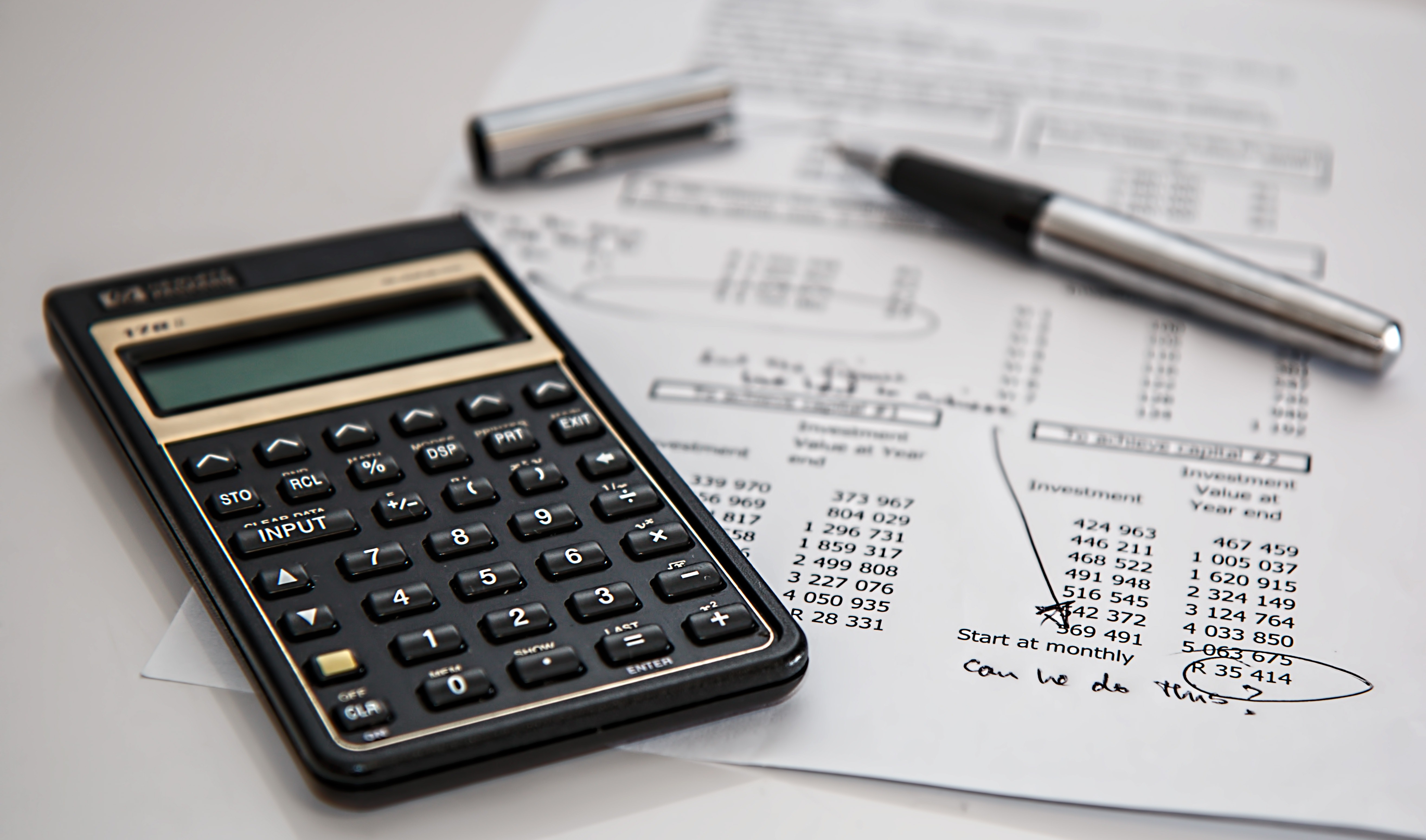While many financial books will simply tell you to create a budget to solve your current monetary problems, most of us can attest that it’s not so simple.
There are different types of budgets–weekly, monthly, and yearly. For most, a monthly budget can be the most effective way to manage your finances. Your perfect budget must be tailored to your unique financial situation and spending habits. A cookie cutter budget might not cover the expenses you personally have, such as a title loan or a student loan payment.
While a perfect and successful budget may seem unobtainable, it can be easier than you think with the right resources and tricks!
Know Your Monthly Estimate
The most important part of your budget is to have an accurate figure of your monthly income. This estimate should include every type of income, like:
- Alimony
- Wages
- Residual Income
- Child Support
With your income established, creating your budget will come down to what your expenses are each month. There are two different types of expenses, fixed and variable.
Fixed expenses do not change throughout the month, such as:
- Mortgage
- Utilities
- Insurance Payments
- Loan Payments
- Minimum Credit Card Payments
- Desired Savings
- Investments
Your variable expenses do change throughout the month, and are not recurring established payments, such as:
- Transportation Costs
- Groceries
- Entertainment Expenses
- Clothing Costs
Set Up Your Spending Plan
With your expected expenses determined, take a bank statement and credit card statement from the previous month for review. Sort your expenses into fixed and variable expenses. This is where you can set a spending limit for each category and diagnose any overspending.
You should then split each category into subcategories, like:
- Housing: This includes rent, mortgage, insurance, or property taxes.
- Savings: You should have an emergency fund available with at least 10% of your income available. This can be used for emergency cash, short term goals, investments, and/or retirement money.
- Debt: This can include student loans, auto loans, and other monthly payments like credit card minimums.
- Entertainment: This includes desirable spending, such as takeout, bars, movies, and more.
- Other: This category is for miscellaneous expenses.
With these categories sorted out, your ideal budget can be created to fit your unique financial situation. Sort your expected expenses and create your ideal spending plan. If money is tight, you might need to limit your spending in some categories, such as entertainment.
Track Your Spending Automatically
Your spending habits are the most important part of your budget to track. The best way to keep track of your spending is through automatic payments. There are a few different budgeting and bill pay apps that can do this, but automatic withdrawals can be the best way to do so. When you are out and about making purchases, tracking what you spend on your phone can keep you on track.
Putting your money on autopilot can be an effective way to automate your personal finances. This can mean setting up automatic payments, which eliminate the worry of keeping track of payment due dates. Automated payments can also eliminate the stress of late payments, which helps your credit score and your budget!


